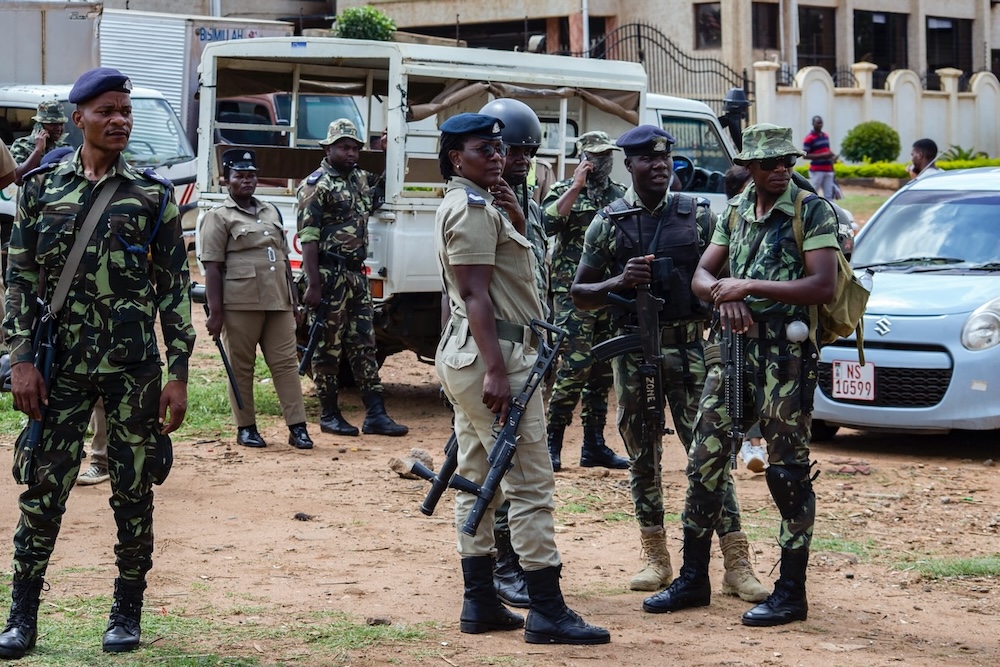
The death toll from landslides in the mountainous border region between Kenya and Uganda has risen to more than 40, with families mourning loved ones and rescuers searching for the missing.
In Kenya’s Kaptul village, 30-year-old Felix Kemboi lost six relatives, including two sisters, his grandmother, an aunt and an uncle. He struggled to speak about the scale of the tragedy, saying that the family members had been staying together when the landslide swept through the area.
Across both countries, officials have warned that the number of casualties could continue to rise. Search teams are working in dangerous terrain as heavy rainfall increases the risk of further landslides. Kenya’s interior minister Kipchumba Murkomen has urged residents in vulnerable areas to move to higher ground, particularly along the Kerio Valley region.
Among those killed in Kenya were fourteen schoolchildren, according to the education ministry.
In eastern Uganda, survivors have described waking in the night to the sound of roaring earth. Helda Narunga Masai said the mud engulfed her home in Kween village, killing her niece and brother. She is now sheltering with a neighbour after her house was destroyed.
Nearby in Kapchorwa, three children and a woman from the same household were killed. Uganda Red Cross officials say at least 18 people have died and around 20 others are still missing across Kapchorwa, Bukwo and Kween districts. Volunteers and rescue workers are using basic tools to dig through deep layers of mud in search of bodies.
Experts have long warned that some communities in both Uganda and Kenya are built on unstable slopes where landslides are a recurring threat. In 2010, around 300 people were killed in a major landslide in Bududa, one of Uganda’s worst natural disasters.
The Ugandan government has announced support payments of 5 million shillings to families of the deceased and 1 million shillings to survivors. The Kenyan government has not yet confirmed whether compensation will be offered.
In some areas, recovery efforts have been slowed by blocked roads, making access to affected villages extremely difficult.




